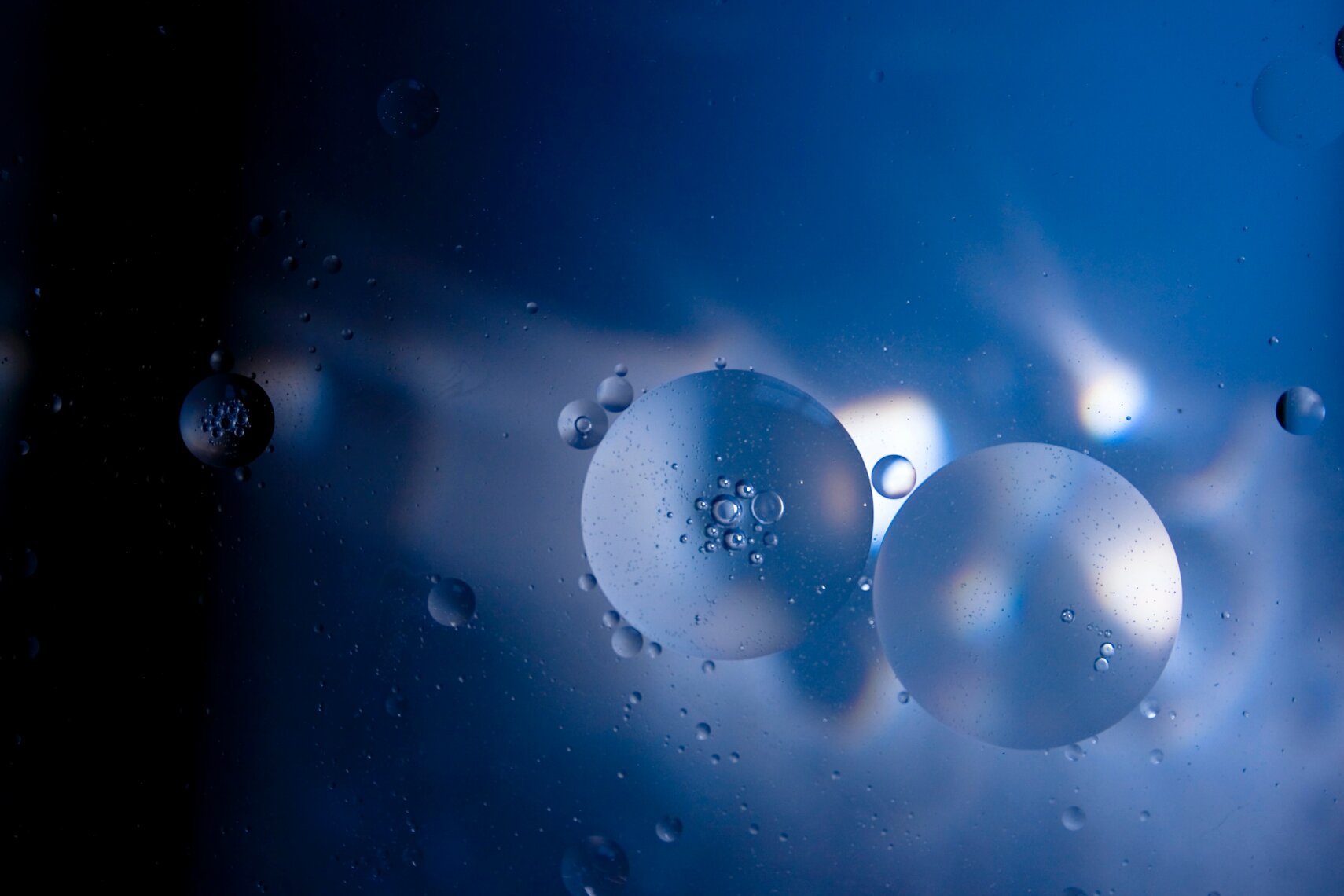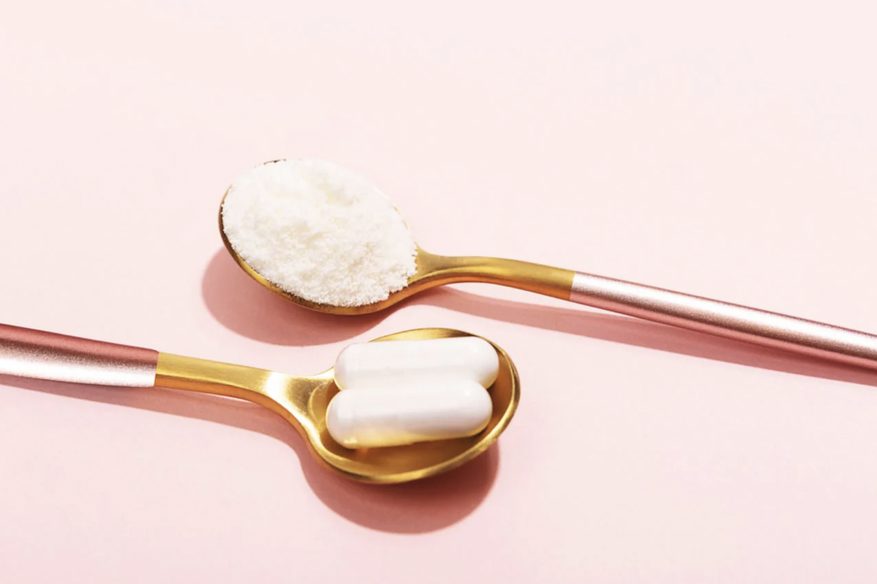 What’s the Difference Between Collagen Peptides and Hydrolyzed Collagen?
What’s the Difference Between Collagen Peptides and Hydrolyzed Collagen?
Hydroxyproline
Hydroxyproline is a distinctive modified amino acid that holds a pivotal role within the structure of collagen, the most abundant protein in the human body. It is renowned for its unique contribution to collagen’s remarkable properties. Hydroxyproline is synthesized within the body through a specific enzymatic process that involves the addition of a hydroxyl group to the amino acid proline. This modification is essential for collagen’s stability and functionality, as it strengthens collagen’s triple helical structure, making it resistant to degradation.
The synthesis of hydroxyproline within collagen requires the presence of vitamin C, also known as ascorbic acid. Vitamin C serves as a crucial cofactor in the enzymatic reactions responsible for converting proline into hydroxyproline. This dependence on vitamin C underscores the importance of adequate nutrient intake for collagen production and overall health. Hydroxyproline, in combination with proline and glycine, forms bioactive peptides that are fundamental to the structural integrity and functionality of collagen. These peptides contribute to collagen’s role in supporting connective tissues, skin elasticity, and various bodily functions, highlighting the significance of hydroxyproline in maintaining overall health and well-being.
 What’s the Difference Between Collagen Peptides and Hydrolyzed Collagen?
What’s the Difference Between Collagen Peptides and Hydrolyzed Collagen?
 What is Bone Health and How Can Collagen Peptides Support It?
What is Bone Health and How Can Collagen Peptides Support It?
 Collagen Peptides: Support Your Skin the Nutritional Way
Collagen Peptides: Support Your Skin the Nutritional Way
 Does Ethnicity Affect How Our Skin Ages?
Does Ethnicity Affect How Our Skin Ages?



